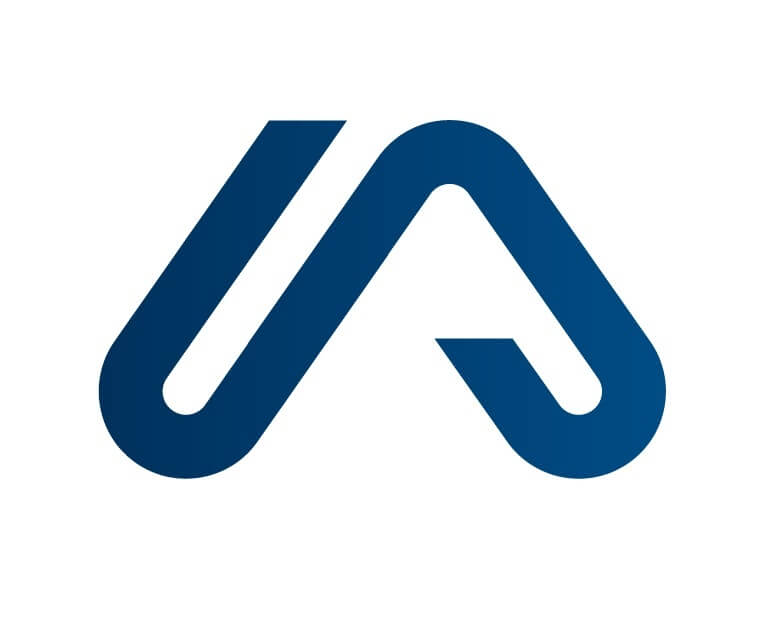Foreigners who move to Switzerland are, at least initially, subject to the income tax system, i.e. a withholding tax on earned income. This system has considerable advantages, but also some pitfalls.
Foreigners who are subject to tax in Switzerland give away money by not claiming their tax deductions in the tax return. This article shows that this is very easy with a helping hand and which deductions are possible.
In many cases, the situation is corrected by also having to file a tax return that includes the actual income and deductions.
Who does not have to file a 2020 tax return in Switzerland?
If you are subject to withholding tax and your annual earned income is less than CHF 120,000 (in Geneva even less than CHF 500,000) or if you are resident abroad, you do not have to file a tax return or you even do not have to file a tax return at all. This applies, for example, to weekly commuters who work in Switzerland.
Cross-border commuters are subject to withholding tax and often in such a situation the withholding tax deducted is accepted as the final burden.
This is not really wrong, as standard deductions are provided for in the tax scale (e.g. insurance deduction, professional expenses deduction, etc.), which is why an additional tax deduction is only allowed in exceptional cases.
However, such exceptional situations occur much more often than one might think, which is why it is advisable to claim additional deductions.
7 Tax deductions that are often forgotten
As already mentioned, the standard deductions are included in the withholding tax rate. On the other hand, there are expenses that are only incurred by certain individuals, so they are not included in the tariff.
The most important are:
- Pillar 3a contributions or repurchases to the 2nd pillar in Switzerland.
- Maintenance payments
- Costs for weekly commuting (double accommodation, transport)
- Deductions for interest on debts
- Donations
- Education costs
- Childcare costs
If you pay into the Swiss pillar 3a, you can look forward to a tax saving of around CHF 1,000 if you pay in CHF 6,000 per year. The maximum Pillar 3a contribution that can be deducted in the tax return is CHF 6,883 with a pension fund connection, and as much as CHF 34,416 for self-employed persons without a pension fund.
This tax advantage is only available to those who declare the payment in the tax return. Not only are there then no advantages, but it can even lead to partial double taxation, as the money is taxable (again) when it is withdrawn.
This happens because taxes are again due on Pillar 3a contributions when they are withdrawn, but at a lower percentage. If you have not declared the payment in your tax return, you will be taxed twice by the state, so to speak.
If such costs are incurred and cannot be claimed on a tax return, it is important to make use of the so-called “withholding tax adjustment procedure”.
The withholding tax adjustment
The aim of this procedure is to provide a simple way of achieving taxation that reflects actual financial strength.
Most cantons provide an overview on their homepage of which costs can be claimed and which documents are necessary for this. As an example, the Zurich tax administration provides a form structured as follows:
- Personal details
- A summary of income
- A list of specific deductions
All allowed deductions are listed, including information on what amount is already included in the rate, what requirements must be met to receive the deduction and what supporting documents must be submitted.
If someone who pays tax in Zurich incurs childcare costs (crèche or similar), these costs can be claimed through the withholding tax adjustment procedure.
An amount for such costs is not included in the tariff. The tax administration requires the following documents: proof of payment, copy of the birth certificate with the names of the parents and a list of the costs.
Refunding withholding tax – The procedure
Anyone wishing to declare deductible expenses must submit the claim before 31 March of the year following the tax year. This deadline cannot be extended; a few cantons sometimes offer exceptions.
To claim the benefits, the completed application must be sent to the tax administration with the complete required documentation. It may be that additional information is required, but in this case the authorities would send an appropriate request.
Such a procedure can take two years for the authorities to make an assessment and make the payment. However, one has nothing to lose and in case of high cost items, it can have a very positive impact on the respective finances.
Tax return – The pitfalls
In the withholding tax adjustment process, the claimant can only win. Additional deductions are claimed – if accepted, the tax burden is lower resulting in a refund, if not accepted, there is no additional tax.
However, in the following circumstances, claiming a withholding tax adjustment can be detrimental:
- As of 2016, the costs that can be deducted for commuting have been reduced. Those who drive a company car run the risk that new rules may result in even higher taxable income.
- There are additional rules that may limit the deductibility of some of the above items: If both parents work, they can claim childcare costs in many cantons.
Ajooda’s conclusion
Those who fail to file their tax return may miss out on lucrative tax benefits. This is because, especially with professional help, it is easy to declare all cost items correctly and significantly increase the chance of getting the desired tax deductions approved.
Unsure whether all deductions have been entered correctly and money is possibly being left behind?
Simply upload documents for your tax return HERE and our tax experts will do the rest for you.
